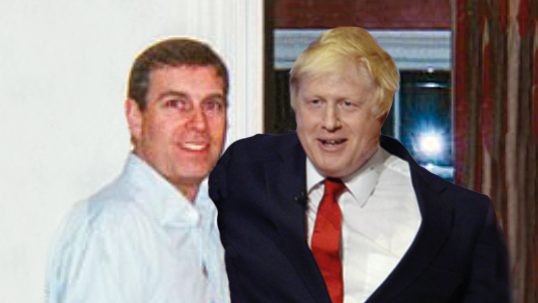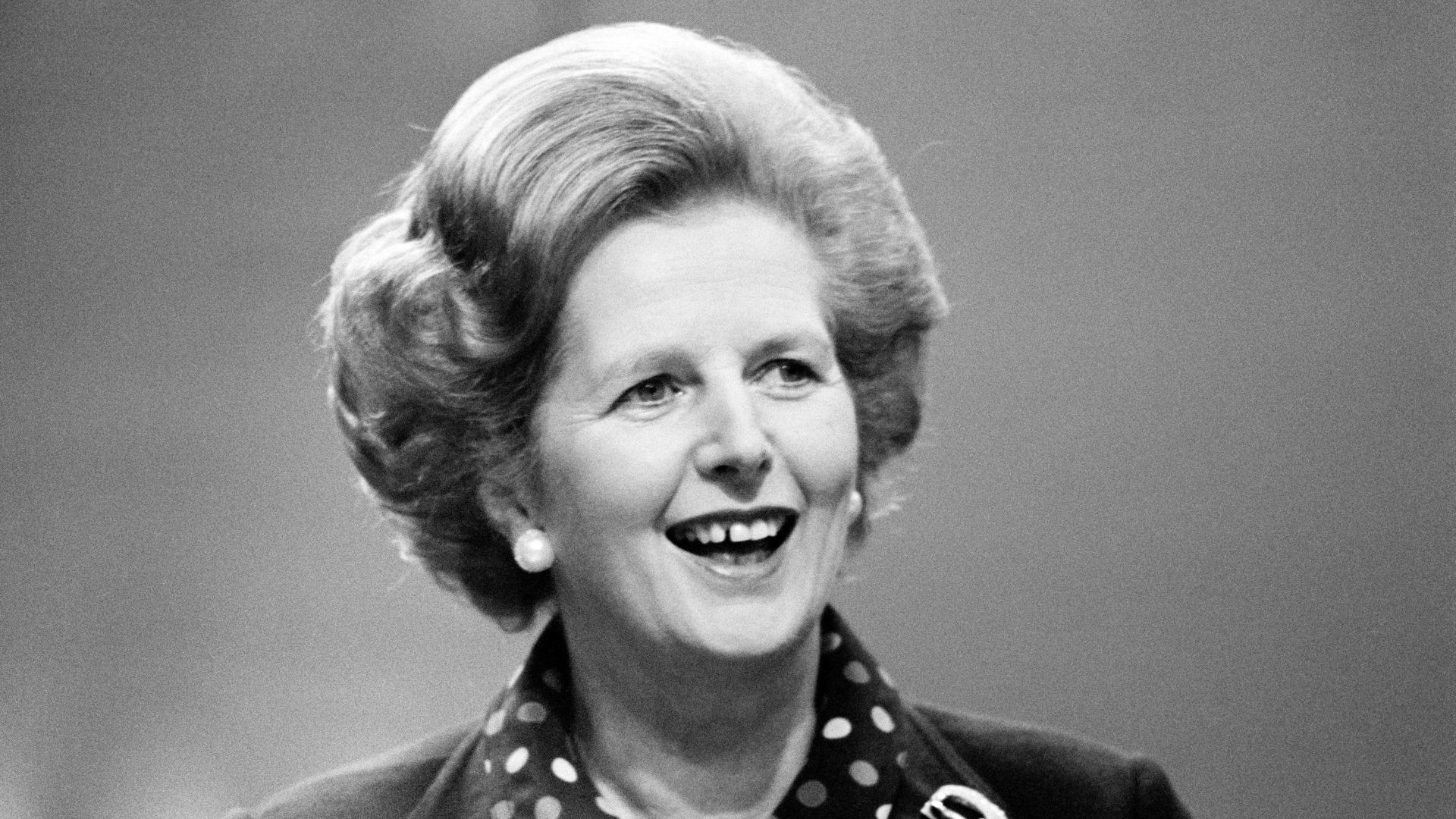At about 11.20pm on December 31, 2014, while at a friend’s house party in Harringay, I received a cryptic text from a usually very reliable source.
It gave the court docket number of a case in a Florida courtroom, with a warning to look it up immediately and not to contact the court’s usher before doing so. It had no further details.
Baffled, I stood in the party’s kitchen trying to work the USA’s clunky PACER documents system using 2014’s mobile browsing technology.
Having finally downloaded the complaint to the court, I started trying to work out what had excited my source so much. Within a minute, I had wedged myself under a kitchen counter, reading the explosive contents of the complaint in full.
And so it was that I spent the stroke of midnight, heading into 2015, on a kitchen floor reading one of Virginia Giuffre’s earliest attempts to lodge a civil case against those who had abused her – and the documents named one of them as Prince Andrew.
The complaint was anonymous at the time, but contained virtually all the details we know now – Giuffre alleged Jeffrey Epstein had used her as an underage “sex slave” and that she had been forced to have sexual relations with the Duke of York. The royal was not a named party to the lawsuit at the time, but was named in the court documents.
Working with my then-colleague Paul Lewis, who stood up the US side of the story, The Guardian managed to publish the scoop on January 2, 2015. It was then swiftly picked up by international outlets, prompting a comment from Buckingham Palace that “any suggestion of impropriety with underage minors is categorically untrue”.
And then… nothing happened. In this pre-#MeToo era, stories like this appeared and then just faded away again. The document was soon sealed from the court docket, the news moved on, and even The Guardian – which deserves huge credit for seeing the story through to publication – didn’t splash on it, seeing it as a royal/celebrity story more than a piece of accountability journalism.
It felt like the best we could hope for would be a chance to at least publicise allegations against powerful men. Expecting anything to happen as a result of that would be a leap too far. That was just the way the world worked.
The years that followed hardly reassured. While we saw the visible downfall of men like Harvey Weinstein, Roger Ailes and Kevin Spacey, we also saw the election of Donald Trump. When it came to looking at wrongdoing beyond the sexual, Boris Johnson also enjoyed a seemingly unassailable rise to power.
Despite a history of dishonesty – he has been fired twice for lying – homophobia, racist remarks, and more, Johnson not only became prime minister but then secured the largest landslide since the Blair era of New Labour. We were living in the same old, same old.
But this week, things don’t necessarily feel that way any more. Prince Andrew – now a named litigant in Giuffre’s civil (not criminal) suit, but still denying all wrongdoing – failed dismally in his motion to get the case dismissed, meaning he must either fight it in court or settle. Huge consequences from this were almost instant: Andrew has now been shorn of the title “His Royal Highness”, all of his military titles, and all of his royal patronages. He still denies all wrongdoing, but his air of imperviousness is a thing of the past.
These last few weeks have seen a similar return to reality for Boris Johnson. For much of the last two years, he has seemed to defy all rules of political gravity. His flagship policy was getting Brexit done. Within a year he was badmouthing his own apparently wonderful deal, battling shortages in shops and trouble at borders, with no problem to his ratings. He then failed so badly in battling coronavirus that he was left supporting his own chief advisor as he breached rules, locked down too little and too late, and presided over not one, not two, but three major waves of the virus, and more than 150,000 deaths. As if the incompetence and delays weren’t enough, he was even to have reportedly said “let the bodies pile up”.
And yet in the later months of 2021, Johnson’s personal ratings seemed high, the Conservatives had a solid poll lead, and commentators were talking about what we would do with the likely decade in office he had left.
Now Johnson looks less like someone untroubled by gravity as a cartoon character who’s just noticed there is no longer solid ground beneath his feet. Johnson is being brought low by the most British crisis since an MP’s expense claim for a duck house: the oxymoronic scandal of illicit garden parties.
There is no obvious way out for the prime minister. It was not a one-off, it was not an ambiguous situation, it definitely happened. That hasn’t stopped him trying all of those excuses, it has just meant each time one fell down marked another full news cycle of the scandal.
Johnson’s personal ratings are in the toilet, his party now lags hugely behind in the polls, and just like phone hacking the scandal stretches beyond just government. The Sun faces questions having had its deputy editor, James Slack, as the central figure of one of the parties.
The Met Police are comprehensively failing to look anything other than incompetent in their response: they have, somehow, prioritised a civil servants’ investigation over their own, handily ignored the presence of police in Number 10, and face questions over their clumsy and heavy-handed treatment of Sarah Everard vigil attendees, in stark contrast to this laissez-faire policing.
Johnson has rotted the standards of British life from the top, in a way that will take decades to repair.
He has dragged down most of the top of the civil service with him, even if they are currently escaping much of the ire directed at politicians.
He has put the Met in an impossible position that they are still, somehow, making worse. He has – surely to the enjoyment of its rivals – left The Sun so compromised that they are having to all but ignore the only story most of the country is talking about.
But he’s not getting away with it anymore, and nor is Prince Andrew. The #MeToo moment might not have delivered on all the promise we hoped, but it does seem to have set us up for a new one, a broader refusal to put up with the bullshit of entitled men.
All it needs now is a name. Is this the beginning of the #HadIt era?




